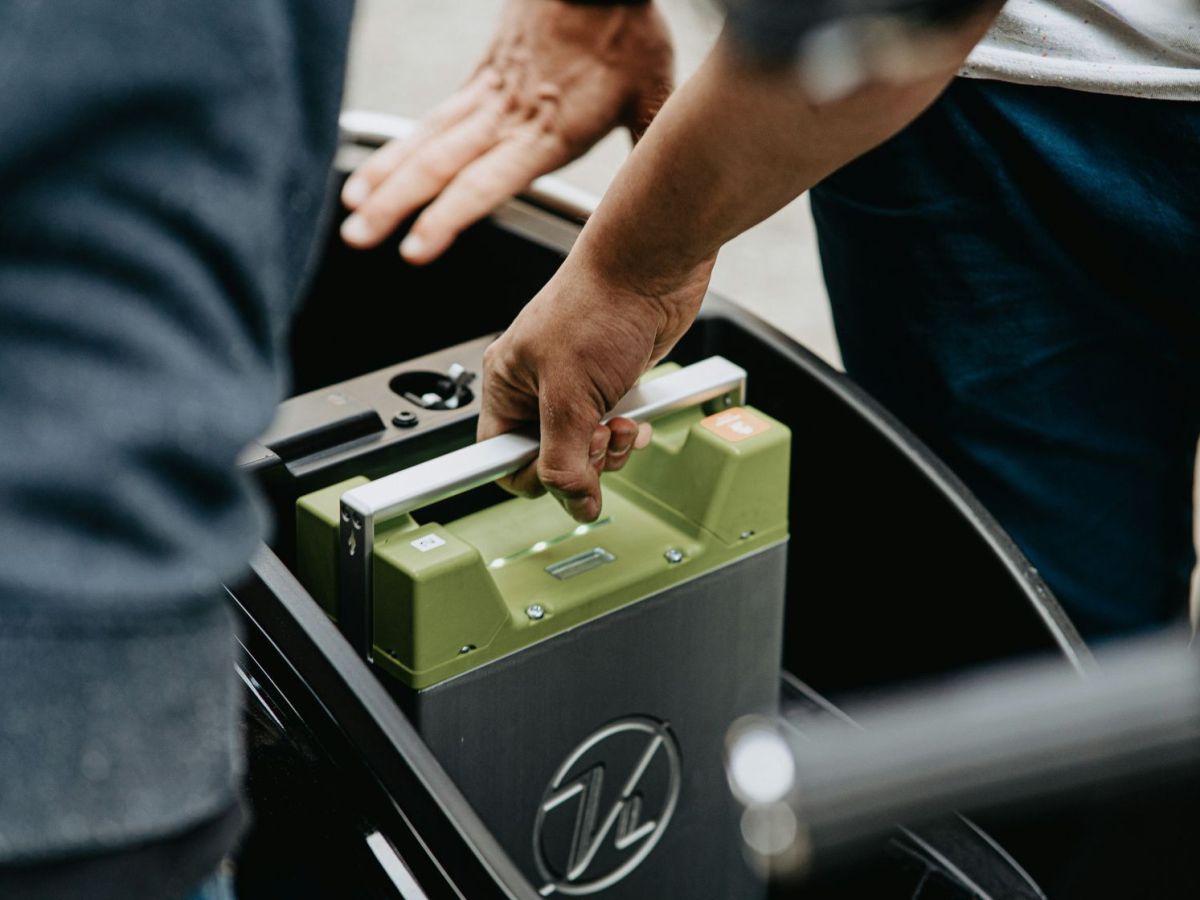The European Commission will also finance the opening or reopening of 47 mines all over Europe as part of a larger scheme on these 17 major minerals, almost all imported from outside Europe and mostly from China, posing a risk for strategic autonomy for the EU.
In Spain, same projects are already under active progress in Extremadura, Andalusia, Galicia, and Castile-La Mancha focus on lithium, copper, cobalt, and nickel extraction.
The Aguablanca mine in Monesterio is one of the EU-sponsored projects that is believed to have been approved for reopening in 2023 despite the opposition of environmentalist organizations. According to Rio Narcea Recursos S.A., this mine will be responsible for the production of cobalt, platinum-group metals, copper, and nickel, which are basic materials for battery production, as mentioned by elDiario. In addition, there will be lithium production for the batteries from the site of Las Navas in Cáceres.
The Doade mine in Galicia will be one of the beneficiaries for lithium extraction while in Huelva, the CirCular recycling project by Atlantic Copper SLU will focus on recovering copper, nickel, and platinum group metals. Ciudad Real's El Moto mine, operated by Abenojar Tungsten S.L., will be instrumental in the supply of wolfram to the economy. Cáceres is also expected to support another project on wolfram, P6 Metals by Iberian Resources Spain. Lastly, in Seville, the EU will back a polymetallic primary sulfide project by Cobre las Cruces S.A.U., aimed at boosting copper production.
All these activities are part of the broader EU campaign to slash dependence on external suppliers and provide a reliable supply of critical minerals for its industries.










